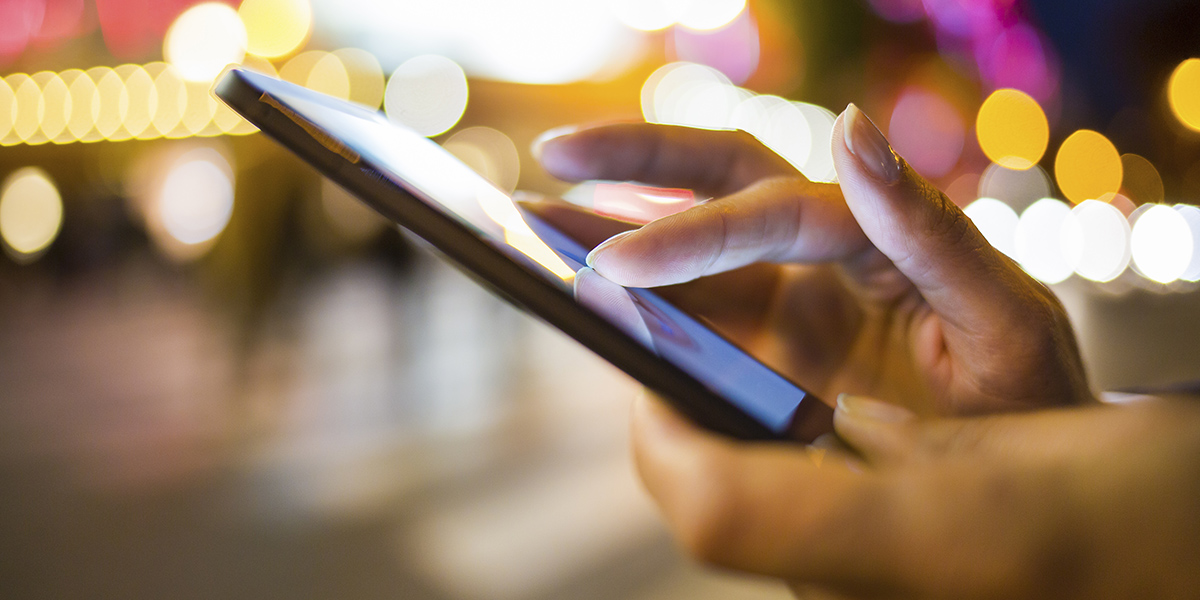
By Lynne M. Baab
A group of high school students decides to spend a weekend without any electronic devices. One of them discovers birds singing in her backyard, and another enjoys playing board games with his sisters. They experience a glimpse of unexpected freedom as they fast from iPods, tablets, laptops, and cellphones.
Christians have been fasting for centuries as a way to experience freedom in Christ. For most of the past twenty centuries, fasting has usually involved abstaining from all food or from certain foods, such as meat or sugar. In the past few decades, with the rise of consumerism and overabundance in so many areas of life, Christians have been experimenting with fasting from things other than food: shopping, news media, various forms of entertainment, as well as electronic devices.
Fasting involves voluntary denial of something for a specific period of time by an individual, family, community, or nation. A fast creates space in our lives, and that space gives us freedom for other activities and experiences. A Christian fast is set apart by its spiritual purpose. Anyone might spend a weekend without electronic devices, and of course, such a fast is a wonderful exercise. Most Christians who fast, however, desire to draw near to God in new ways, pray for particular needs or pray more intensely, read the Bible more deliberately, and ponder the pattern and fabric of their lives during the time freed up by fasting.
A person who has made a faith commitment might couple the denial of electronic devices with prayer that focuses on a friend with cancer or a desire for God's guidance regarding a career decision. The prayer might center on asking for God's help to rebalance everyday life and give electronic devices their proper place. Some Christians fast from activities they usually spend money on and set that money aside to help people in need.
Almost everyone who fasts talks about the surprises they encounter. The impact of fasting lies in the fact that the experience is out of the ordinary. Choosing not to own a car or never to eat sugar can be a wonderful lifestyle choice, but those kinds of choices are not fasts. Eliminating an aspect of everyday life for a period of time, however, usually results in something unexpected, because it makes space for God to act in unforeseen, profound, and sometimes amusing ways.
Fasting can help us embrace Jesus' invitation to enter into the year of the Lord's favor, the jubilee, by helping us step out of the ordinary, experience surprising aspects of freedom, and meet God in new ways.
How to Design a Fast
Lynne M. Baab, Ph.D., is the author of numerous books on Christian spiritual practices, including Fasting: Spiritual Freedom Beyond Our Appetites. She is a Presbyterian minister and lecturer in pastoral theology. Visit her website at lynnebaab.com.
Credit: From November/December 2014 Alive Now. Copyright © 2014 by The Upper Room. Purchase a copy of this issue on "Jubilee" by calling 1.800.972.0433. Or download the digital issue today.
Share on Socials